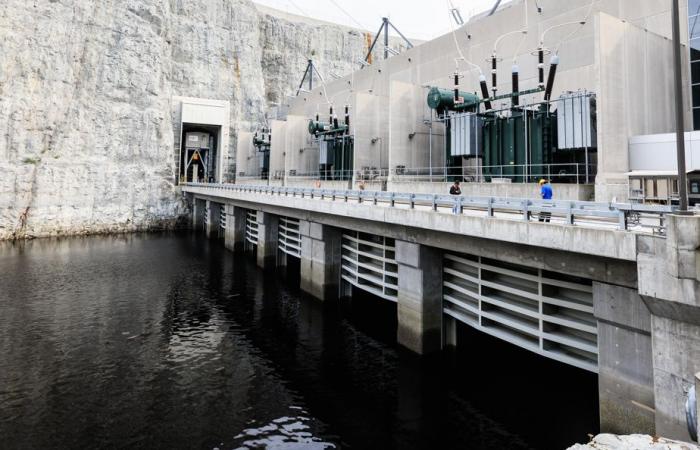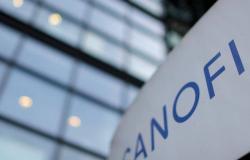The lack of water continues to seriously affect Hydro-Québec’s profits, which are down 30% for the first nine months of the year.
Posted at 11:00 a.m.
The state-owned company’s net profit amounted to 2.1 billion for the first nine months of the year, down 861 million compared to the same period last year. The main reason for this drop in profits is the drop in exports made necessary by low water levels.
Electricity sales outside Quebec are down by a third compared to the same period last year and the shortfall reaches 777 million for Hydro-Québec. “Our strategy of prudent management of energy stocks is the right one in a context of below-normal precipitation,” assured Maxime Aucoin, the vice-president of finance of the state-owned company.
Low rainfall affects the state corporation for a second consecutive year. In the third quarter of the current year, net profit was down 19 million compared to the same period last year. Hydro-Québec, however, reports an increase in export revenues because it obtained an average price higher than the market price for each kilowatt-hour exported thanks to its hedging strategy.
Since the start of the year, the average price per kilowatt obtained by Hydro-Québec on export markets is 9.6 cents, compared to an average market price of 6.4 cents.
Increase in operating costs
While the Quebec government has asked its state-owned companies to make an effort to help it reduce its $11 billion deficit, Hydro-Québec is reporting a significant increase in its operating costs.
For the third quarter alone, operating expenses are up 207 million compared to the same period last year. Of this sum, 140 million is linked to the costs of decommissioning the Gentilly nuclear power plant and 67 million is explained by an increase in expenses resulting from the announced plan to increase production.
Since the start of the year, Hydro-Québec’s operating costs have increased by 337 million, including 197 million for the expansion of activities and 140 million for the decommissioning costs of the Gentilly nuclear power plant.
Investments are up 30% compared to last year, at 4.2 billion. Most of the investment is tied to maintaining the power grid, but a growing portion of the money spent is going toward business development, including the construction of two new transmission lines to carry electricity to Boston and New York.
During the first nine months of the year, electricity sales in Quebec brought in 405 million more than for the same period in 2023, due to an increase in demand for electricity, but above all because of tariff increases.






